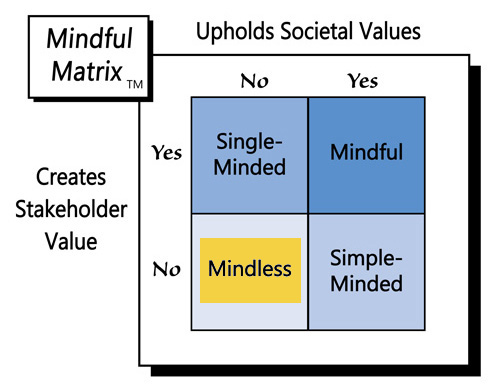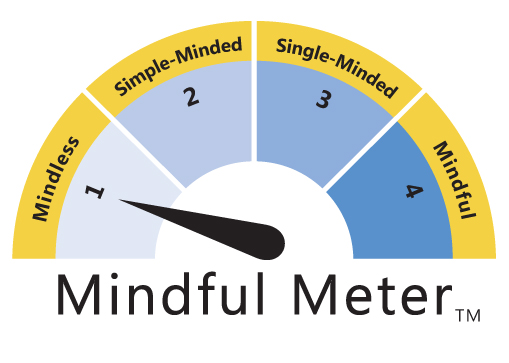For example, here are the subject lines of some emails I recently received:
- Coupons Just for You & 130+ Bonus Buys!
- David, exclusive offer to earn more miles
- 2 COUPONS: $20 off and $10 off (just for you!)
- You're on the list - up to $100 off! Just for you
- We're serious, you've been picked to get Cyber WEEK Tuesday savings!
- A special surprise is inside, just for you!
- You're on our special list! Extra 5% - 15% off, just for you
- We picked you! You seriously deserve this — Enjoy these amazing discounts
- Seriously, you made the list! Because you're awesome
Why am I special? I’m not sure, but apparently these firms have seen in me the same thing that my mother has long recognized.
You may be wondering whether it’s okay to treat some shoppers differently. Of course, it’s wrong to discriminate against consumers or others based on traits like gender, age, and race. In a commercial context, however, it is fair to follow quid pro quo: to give something in exchange for something. Companies should reward their best customers because their best customers offer more business to them. It’s right to repay such shoppers with special discounts, bonus points, and other incentives in order to thank them for their loyalty and encourage their continued commitment.
However, here’s what’s confounding: I'm really not a loyal consumer for any of the organizations represented by the emails above. I buy very infrequently from most of them, and for some it’s been a year or more since my last purchase. So, then, why are they singling me out as special?
You probably suspected that I’m really not a special consumer to any of these companies, which means I’m probably not the only one getting these “just for you” promotional offers. You likely receive them too. If that’s the case, these companies’ email tactics are depending on deception.
Why would some firms intentionally misrepresent the exclusivity of their offerings? They know that as consumers, most of us are constrained by scarce resources, i.e., we have limited means—a finite amount of money. Consequently we try to conserve currency when possible. A special offer sent “just” to us, therefore, suggests not only that can we attain a certain level of benefits at a lower than usual cost but also that the unique opportunity is rare with respect to the experience of the general populace.
In addition, many people are motivated to prevail over their peers, i.e., to attain something that none or few of their friends have. In short, ostensibly personal promotions tap deviously into both our basic economic intuition and into our egos in order to encourage action that we otherwise might not take.
Of course, deception is not a societal value or any behavior we want to encourage. The other question, then, is whether feigning exclusivity is effective—Do people respond favorably to individualized incentives? One study suggests that they do . . . sometimes. Based on my own experience, I suspect that people increasingly do not. The more of these purportedly “exclusive offers” I receive, the more I ignore them. Furthermore, the more I consider the deception underlying the deals, the more their authors alienate me.
So, if my experience and attitude are typical of most consumers, these deceptive discounts represent another instance of “Mindless Marketing.”
Learn more about the Mindful Matrix and Mindful Meter.
Check out Mindful Marketing Ads and Vote your Mind!




 RSS Feed
RSS Feed